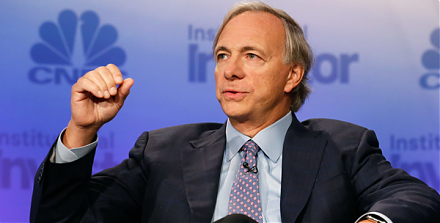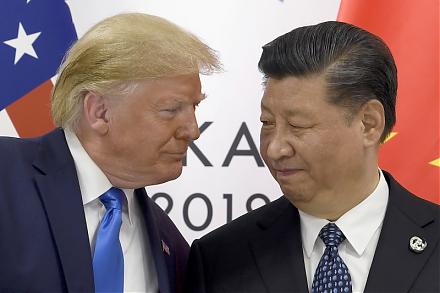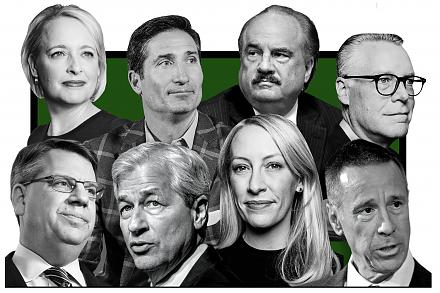

Home > Library > The cross-country evolution of corporate ownership and governance
Author Andy Yeh Alpha
This research article provides our mathematical analysis of the gradual evolution of corporate ownership concentration around the world.
Description:
We derive and develop a simple and intuitive model that shines fresh light on the relentless debate over whether corporate ownership converges to the Berle-Means modern corporation with high stock ownership dispersion. Our model takes into account the importance of both protective legal institutions and firm-specific asset arrangements. The main analytical result is that incumbent stock ownership concentration either persists or declines depending on the relative importance of these protective arrangements. Specifically, our model predicts: (a) high stock ownership dispersion in nations that impose legal limits on blockholders's clout to expropriate minority shareholder rights, and (b) high stock ownership concentration in nations that primarily rely on asset specificity as a form of investor protection. In this view, both the path-dependency and convergence theories complement each other in the broader context of corporate governance.
Our empirical analysis of international data suggests at least partial convergence toward the Berle-Means modern corporation with high stock ownership dispersion. It is thus plausible to infer the existence of path-dependent forces on corporate ownership concentration. Nevertheless, this result does not preclude the more dynamic form of functional convergence toward greater stock ownership dispersion through the general tendency of non-U.S. public firms to cross-list on the major U.S. stock exchanges. This trend introduces stringent disclosure and governance requirements to a wider set of multinational corporations. In essence, these empirical results suggest a case for the co-existence of the path-dependency and functional-convergence stories. These complementary stories arise as stable mates and represent some partial elements of truth in explaining the cross-country variation in corporate ownership and governance structures.
2019-09-05 09:26:00 Thursday ET

Yale macro economist Stephen Roach draws 3 major conclusions with respect to the Chinese long-run view of the current tech trade conflict with America. Firs
2019-05-07 09:30:00 Tuesday ET

The Trump team receives a 3.2% first-quarter GDP boost as Fed Chair Jay Powell halts the next interest rate hike in early-May 2019. This smooth upward econo
2019-04-25 09:35:00 Thursday ET

Bridgewater hedge fund founder Ray Dalio suggests that the current state of U.S. capitalism poses an existential threat for many Americans. Dalio deems the
2025-01-22 08:35:08 Wednesday ET

President Donald Trump blames China for the long prevalent U.S. trade deficits and several other social and economic deficiencies. In recent years, Pres
2021-02-01 10:19:00 Monday ET

In recent times, the International Monetary Fund (IMF) predicts that the fiscal-debt-to-GDP ratio of most rich economies would rise from 95% in 2018 to 135%
2019-07-11 10:48:00 Thursday ET

France and Germany are the biggest beneficiaries of Sino-U.S. trade escalation, whereas, Japan, South Korea, and Taiwan suffer from the current trade stando